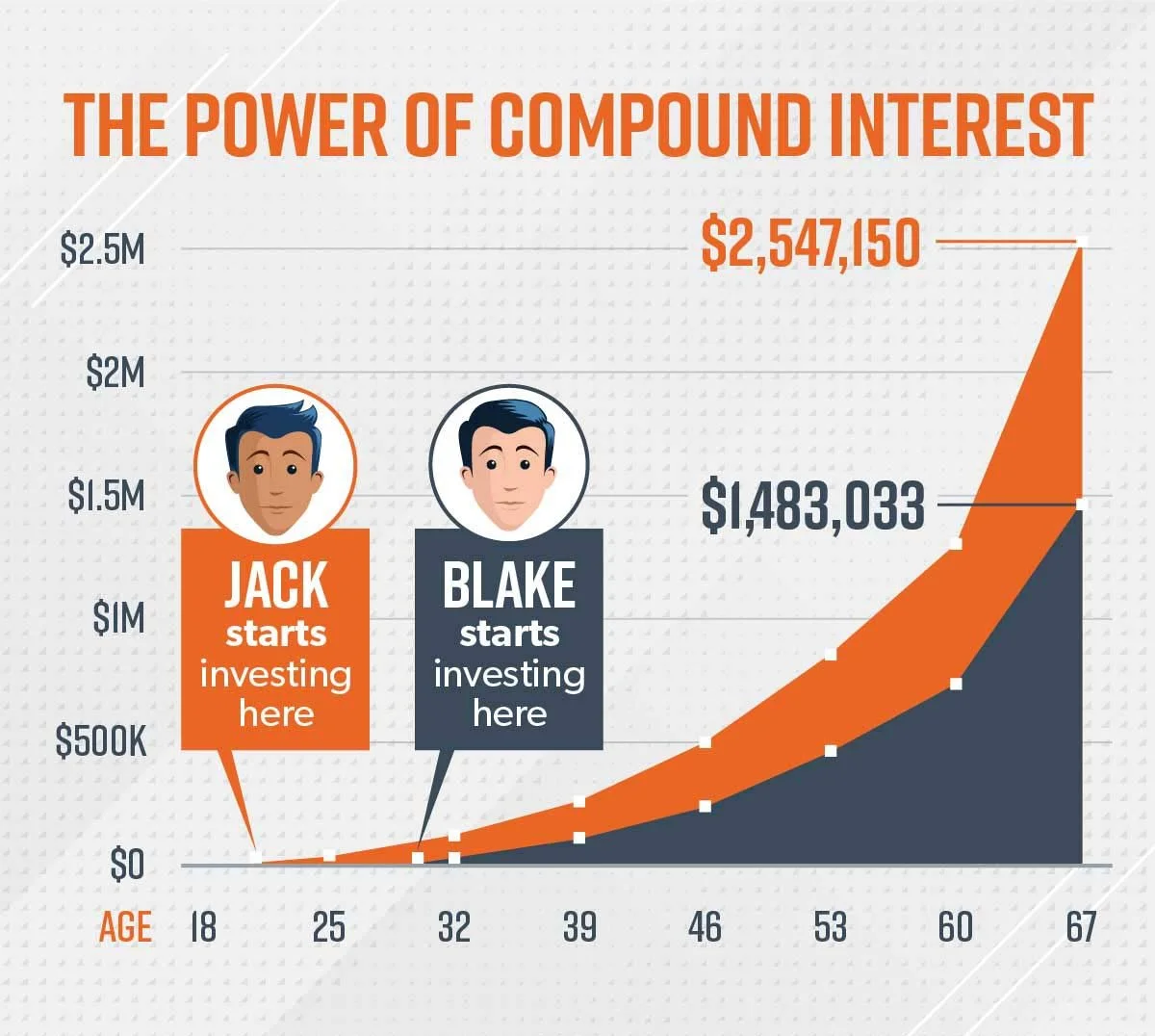Mikaela Pauline Shiffrin is an epic Alpine skier. And, when I say epic, I mean EPIC! Mikaela is the most decorated American alpine skier in history, having won eleven Olympic medals with a record six of them being gold. Additionally, she is a three-time overall World Cup champion, a four-time world champion in slalom, and a six-time winner of the World Cup.
Still not impressed?
Mikaela is also the youngest Olympic slalom champion, has won 47 World Cup races, and is the first and only athlete – male or female – with wins in all six FIS Alpine Ski World Cup disciplines. Her achievements demonstrate that she is the finest American downhill skier ever.
But, even great athletes have bad days. Recently, Mikaela had a VERY bad day.
Reporting from the BeIjing Olympics, ESPN's D'Arcy Maine said it best when she wrote, "Just two days after crashing 11 seconds into the opening run of the giant slalom race, the 26-year-old American skidded out of control and missed a gate after about 5 seconds on the second run. In short, she slipped. But slipping is a tough way to go when you've spent your life working towards a moment."
In an interview just after falling for the second time, you see her fighting back the tears and, with a quivering voice, said, "It makes me second-guess the last 15 years, everything I thought I knew about my own skiing and slalom and racing mentality."
If you were her best friend, what would you tell her? If you were her parent, what would you say? After four years of preparation, seeing her dreams wiped out in a mere sixteen seconds, how would you respond?
As her friend, you would likely shower her with love and remind her that one race does not define her. As her parent, you would acknowledge her pain, but tell her it does not change your love for her. As her coach, you would not speak of the mountain she is on, but the ones she has yet to climb (and come flying down).
You would be right to say these and many more things, because they are true. And they need to be heard.
You may or may not be a skier. And I seriously doubt that you have traveled down a mountain going ninety miles an hour. But you still may have more in common with Mikaela than you might think.
It won't change the hugs, high fives, or Friday night hangs that are going to happen (in and out of school). In my opinion, following the guidance would profoundly impact my sons without providing a profound benefit. The cost is far too great and the benefit far too small.
You trained for years to do a job. You likely have dedicated your life to the pursuit of it. You probably started as a child, became hooked, and decided to make it more than a hobby or sport, but a profession. You learned new ways to play, developed new techniques, and competed against the best. You are at the peak of your career and are admired by many.
And then you slipped.
You did nothing wrong. You were prepared. Just not for this.
The volatile and unpredictable nature of the pandemic and its TWO major variants have you struggling to stay upright and run (ski) full speed ahead. There are missed rehearsals (slip), prep hours spent subbing (slip), school closures (slip), absence filled classes (slip), enrollment declines (slip), strained budgets (slip), your own absences (slip), canceled events (slip), or any number of the many obstacles that no one saw coming.
You could not have possibly been prepared for this.
For some, after a lifetime of training and development, like Mikaela, you find yourself wondering what the past fifteen years were for and if you want to keep doing this.
If this describes you, know that you're not alone.
According to an NEA (National Education Association) survey, teachers are fed up and burned out. Specifically:
90% say burnout is a "serious problem."
93% say schools should hire more teachers.
86% say they've seen colleagues leave the profession since the start of the pandemic.
55% say they want to quit teaching.
Burnout is also not a factor of age or experience: 56% of teachers under 50, 54% of teachers 50 and up, 50% of those with less than a decade teaching, and 57% with more than two decades teaching all say they're likely to quit sooner than they planned.
Half of America's teachers are thinking of leaving the profession. Music education had a burnout problem before the pandemic. Slipping is one thing. Slipping at ninety miles an hour magnifies the impact of the fall tenfold.
Like Mikaela, many of you go ninety miles an hour and feel like you spend more time on the powder than the podium. You are tired, disappointed, and bewildered. You are beat up and beat down, and you're not sure if you want to pick up a baton tomorrow... Or ever again.
What do we do? How do we find the will to rise and try again? How do we heal the heart, rest the body, and find the fire that once burned so brightly?
You need to be reminded that one year (or two) does not define you. And, that the quality of the performance does not change the love your students feel for you. Most importantly, let us not look to the mountain where we have fallen; let us look to the ones we have yet to climb (and come flying down).
Have a great week.
- Scott











